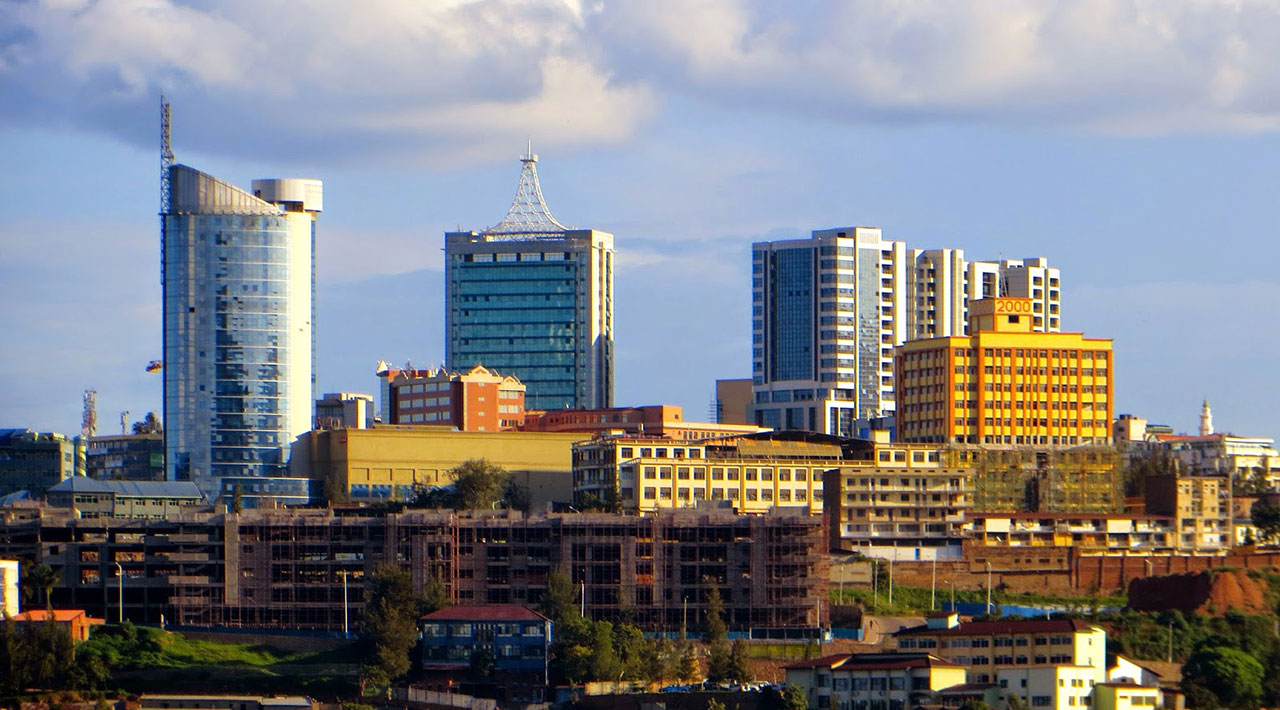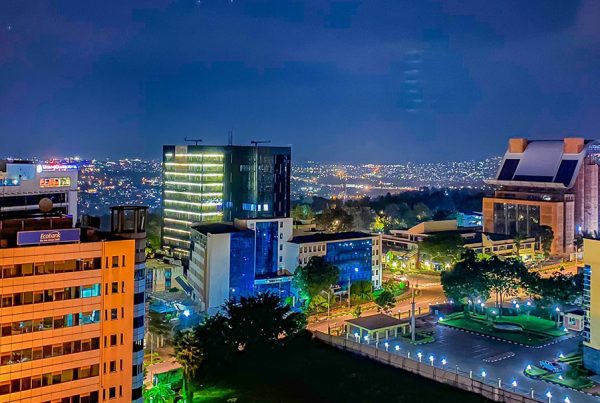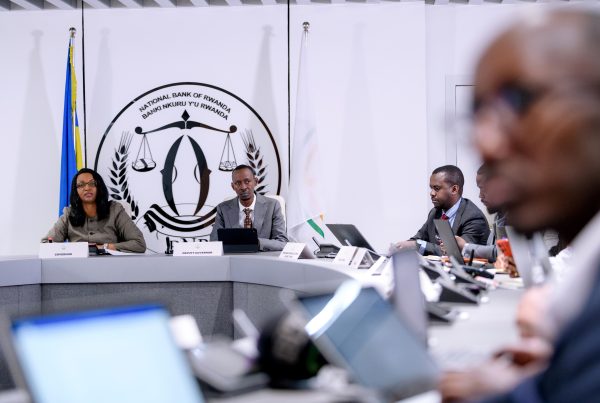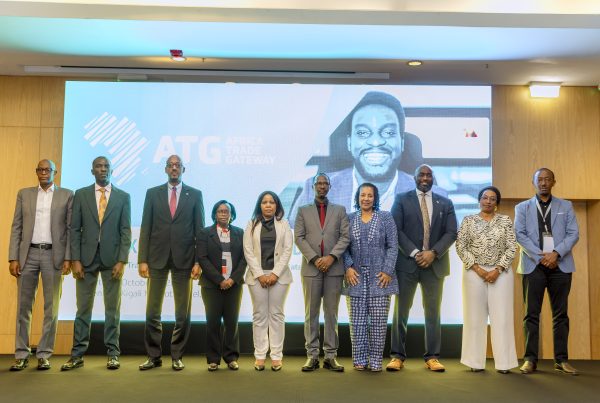The International Monetary Fund approved $181.7 million in funding for Rwanda after concluding its fourth review under the Policy Coordination Instrument (PCI), the Resilience and Sustainability Facility (RSF), and the second review under the Standby Credit Facility (SCF).
The funding, which includes $94.23 million under the RSF and $87.51 million under the SCF, will bolster Rwanda’s reserves and support structural reforms as the country contends with external pressures and fiscal challenges. International reserves are projected to remain stable at 4.5 months of imports by year-end, including the RSF disbursements.
“Rwanda’s economy has shown resilience, supported by robust growth in key sectors and a recovery in agricultural production,” IMF Deputy Managing Director Bo Li. said.
Inflation has stabilized at around 5 percent, the midpoint of the central bank’s target range, amid tight monetary policy and easing food prices.
Rwanda’s economy has been driven by strong services and construction performance alongside a rebound in food crop production. However, the current account deficit widened more than expected in 2024, owing to higher capital goods imports, while fiscal consolidation is expected to temper near-term growth.
Li highlighted the importance of fiscal reforms, noting that Rwanda must broaden its tax base, streamline exemptions, and improve compliance to restore buffers for shock absorption.
“Rationalizing expenditures and increasing the efficiency of public investments are also important for creating fiscal space while addressing risks from state-owned enterprises,” he added.
Monetary and financial stability remain top priorities. The IMF emphasized the need for forward-looking monetary policies to control inflation and enhance exchange rate flexibility to absorb external shocks. Oversight of financial institutions, particularly regarding rapid credit growth and large exposures, must remain vigilant to safeguard stability.
Rwanda’s completion of RSF reforms underscores its commitment to climate resilience. The IMF praised Rwanda for integrating climate considerations into its macroeconomic framework and advancing institutional reforms to attract affordable financing for green projects.
“These reforms are enhancing the country’s capacity to address climate challenges while creating opportunities for sustainable investment,” Li said.
Looking ahead, the IMF urged Rwanda to prioritize domestic revenue mobilization, strengthen state-owned enterprise governance, digitize public finance management, and solidify central bank independence.
The IMF concluded that Rwanda’s program performance remains strong, citing achievements in enhancing public investment transparency and improving foreign exchange market operations as key milestones. With steady progress, Rwanda is well-positioned to sustain its growth trajectory while navigating global uncertainties.





